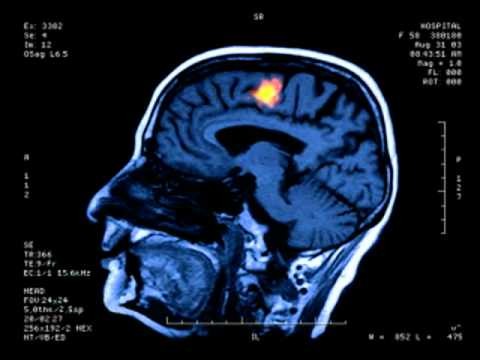By Dane Lorica, | February 02, 2017

Brain scanner translates locked-in patients' thoughts for communication.
Science has found a way to help locked-in patients communicate through a brain scanner that allows them to answer questions with 'yes' or 'no.'
The study published in PLOS Biology used a brain scanner capable of translating thoughts that allow patients to answer questions with either yes or no. The near-infrared spectroscopy technique was based on a brain mechanism wherein the activities of neurons change the level of oxygen in the blood and thus resulting to changes in the blood's color.
Like Us on Facebook
Scientists revealed that four patients assessed in the experiment showed happiness despite their conditions. All of them suffer from an advanced type of amyotrophic lateral sclerosis resulting to brain's inability to control muscles. The term locked-in was used to describe an individual's state of having thoughts but unable to talk nor move. Usually, these people communicate through eye movements but patients subjected in this study are also incapable of doing such action.
The technique delivered roughly 75 percent accuracy. The researchers said that repeating the same question to patients helped them gather a certain answer. "We communicate directly with their brain because this is where they're thinking," said Professor Niels Birbaumer.
Birbaumer said that blood flow measurement using computer can be a means of translating thoughts. "When you think for example 'yes', usually a particular area in the frontal part of the brain is increasing the oxygen consumption," he further explained.
Professor Ujwal Chaudhary said that the brain scanner will deliver "a great difference" to patients' quality of life. "Imagine if you had no means of communicating and then you could say yes or not, it makes a huge impact," he said.
The researchers also claimed that communication brings huge difference to the lives of recovered patients. At the age of 39, Kate Allat suffered from stroke which made her incapable of communicating for five months.
"It was phenomenal, that moment if you could wrap every single Christmas, every single birthday, every single child you've ever held in your arms for the first time - that was how exciting it was," she described.
-
Use of Coronavirus Pandemic Drones Raises Privacy Concerns: Drones Spread Fear, Local Officials Say

-
Coronavirus Hampers The Delivery Of Lockheed Martin F-35 Stealth Fighters For 2020

-
Instagram Speeds Up Plans to Add Account Memorialization Feature Due to COVID-19 Deaths

-
NASA: Perseverance Plans to Bring 'Mars Rock' to Earth in 2031

-
600 Dead And 3,000 In The Hospital as Iranians Believed Drinking High-Concentrations of Alcohol Can Cure The Coronavirus

-
600 Dead And 3,000 In The Hospital as Iranians Believed Drinking High-Concentrations of Alcohol Can Cure The Coronavirus

-
COVID-19: Doctors, Nurses Use Virtual Reality to Learn New Skills in Treating Coronavirus Patients







